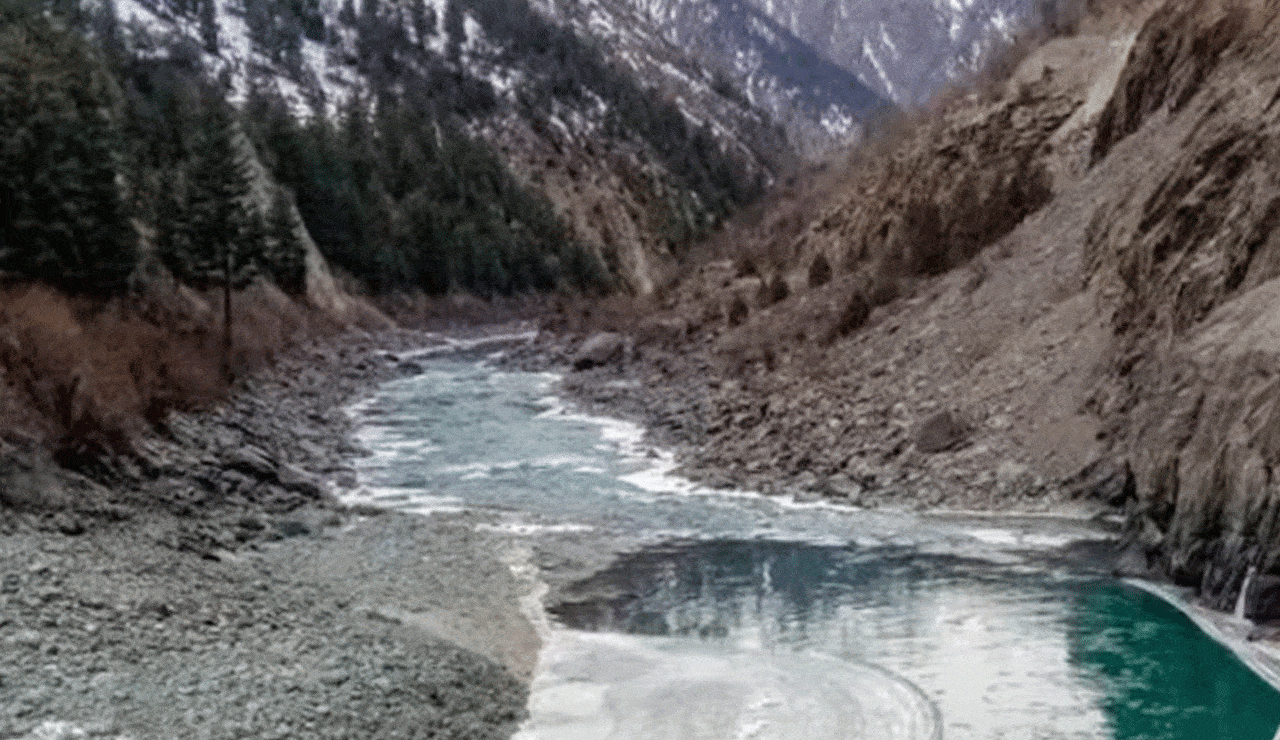Not a Drop of Indus Water for Pakistan: How India Plans to Use It – Government Exploring 3 Key Options
Following the deadly terrorist attack in Pahalgam, Jammu and Kashmir, where 26 civilians were killed, India has intensified actions against Pakistan.

Following the deadly terrorist attack in Pahalgam, Jammu and Kashmir, where 26 civilians were killed, India has intensified actions against Pakistan. One major step includes the immediate suspension of the Indus Waters Treaty (IWT), a historic agreement signed in 1960. This marks the first time the treaty has been halted since its inception.
Table of Contents
India’s Water Strategy for Indus Basin
After formally notifying Pakistan about the suspension of the IWT, Union Jal Shakti Minister C.R. Patil declared that “not a single drop of Indus river water will flow to Pakistan.”
On Friday, the Indian government reviewed short, medium, and long-term options to fully utilize the Indus basin rivers within India. A high-level meeting attended by Home Minister Amit Shah, Jal Shakti Minister C.R. Patil, and Power Minister Manohar Lal, discussed potential strategies for future water management.
According to reports, officials presented legal and technical measures, including diverting the flow of the river, to maximize the use of water from the Indus basin.
No Official Statement Yet, But Strong Signals
While no official statement was issued after the meeting, C.R. Patil wrote on social media platform X, stating:
“The Modi government’s historic decision on the Indus Waters Treaty is fully justified and in the national interest. We will ensure not even a drop of Indus river water goes to Pakistan.”
A Look Back: The 1960 Indus Waters Treaty
The Indus Waters Treaty was signed in Karachi on September 19, 1960, after nine years of negotiations between India and Pakistan. Under its provisions:
- Eastern rivers (Sutlej, Beas, and Ravi) were allocated for India’s unrestricted use.
- Western rivers (Indus, Jhelum, and Chenab) were meant primarily for Pakistan.
The suspension now gives India more control over the entire Indus river system, providing broader options for domestic water usage.
Pakistan Responds by Halting Controversial Canal Project
In response to India’s suspension of the treaty, Pakistan decided to halt a controversial canal project.
Launched earlier this year by Pakistan’s Punjab province, the Cholistan project aimed to irrigate desert regions, but faced heavy protests from Sindh province and opposition parties. Following India’s move, the Pakistan government has now stopped the project amid rising domestic tensions.
Conclusion: Rising Tensions Amid Regional Unrest
The suspension of the Indus Waters Treaty comes at a time of already heightened geopolitical tensions. Both India and Pakistan are now facing internal and external pressures, and the future of water-sharing agreements in the region looks increasingly uncertain.
Would you also like me to create a meta description and SEO keywords to boost the article even further? 🌟
